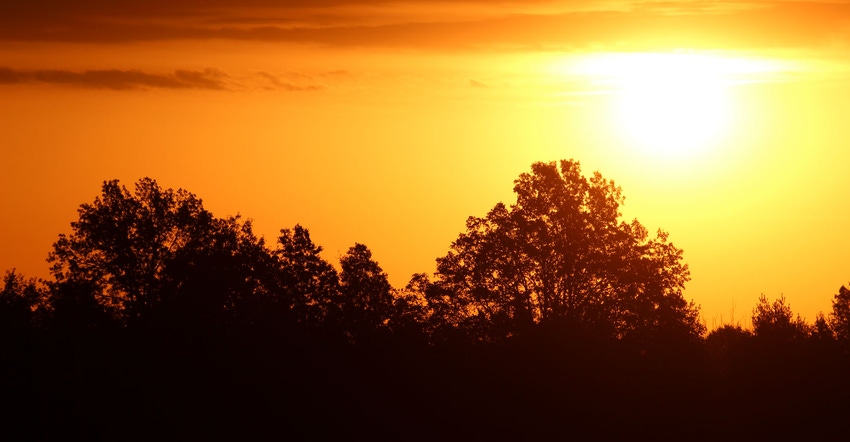
Benjamin Franklin is not a close, personal friend of mine, so I haven’t asked him, but I’m convinced he’d get a good laugh out of our twice-yearly time changes. After all, he was being sarcastic when he wrote to the Journal de Paris, expressing his amazement that the sun provides light as soon as it rises.
That tongue-in-cheek letter to the editor is seen as evidence that he “invented” daylight saving time, but it seems to me that he was simply expanding on his well-known adage: “Early to bed and early to rise makes a man healthy, wealthy and wise.”
Franklin seems to have had a firm grasp of scientific principles, so I’m sure he fully understood that the amount of daylight in a day is not something people can control by manipulating timekeeping devices. He was known to be a late riser, but he certainly realized he could take better advantage of the daylight if he were to get up with the sun, regardless of the time on the clock.
Somehow, through the fog of history, Franklin has been credited (or blamed) for daylight saving time. This hardly seems fair since he died 126 years before the Germans decided to try it. Kaiser Wilhelm II wasn’t exactly known for his sense of humor, so I doubt he was joking around when the country first adjusted its clocks in 1916. If he was trying to gain an advantage in World War I, it didn’t work. Apparently, the Allies wanted time on their side, too, so they changed their clocks as well.
Don’t blame cows or bacon
Daylight saving time has been used off and on in the U.S. for over a century, which is long enough for people to forget why time changes were started, if there was ever a good reason in the first place. Now each spring and fall, as the time change approaches, newscasters start blaming the farmers. The reasoning can get confusing, but apparently resetting our clocks helps farmers get their spring planting done, tricks cows into giving more milk, improves the flavor of bacon and keeps wooden fence posts from rotting.
To be clear, none of this is true. Farmers never have enough time to get their spring work done, cows can’t tell time, bacon always tastes good, and fence posts inevitably rot.
Currently, in the U.S., states can choose to stay on standard time all year, and a few states do that. For instance, Hawaii and Arizona have enough sunlight that they don’t see much point in saving it. However, the law does not allow states to stay on daylight saving time year-round. That could change if Congress passes legislation introduced last year. The bill is nicknamed the Sunshine Protection Act, which leads me to think Congress has an overinflated understanding of its protective powers.
No matter what Congress decides, those of us along the 40th parallel will have just over nine hours of daylight per day by late December.
Fortunately, people are still free to get up whenever they want.
Keck writes from Raymond, Ohio.
About the Author(s)
You May Also Like




